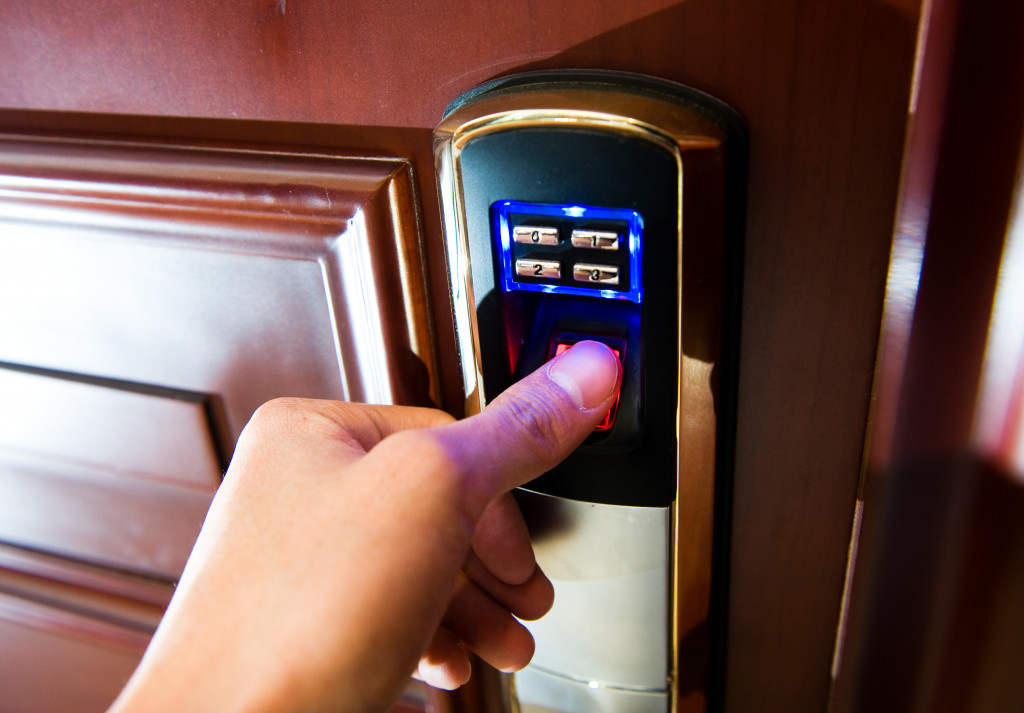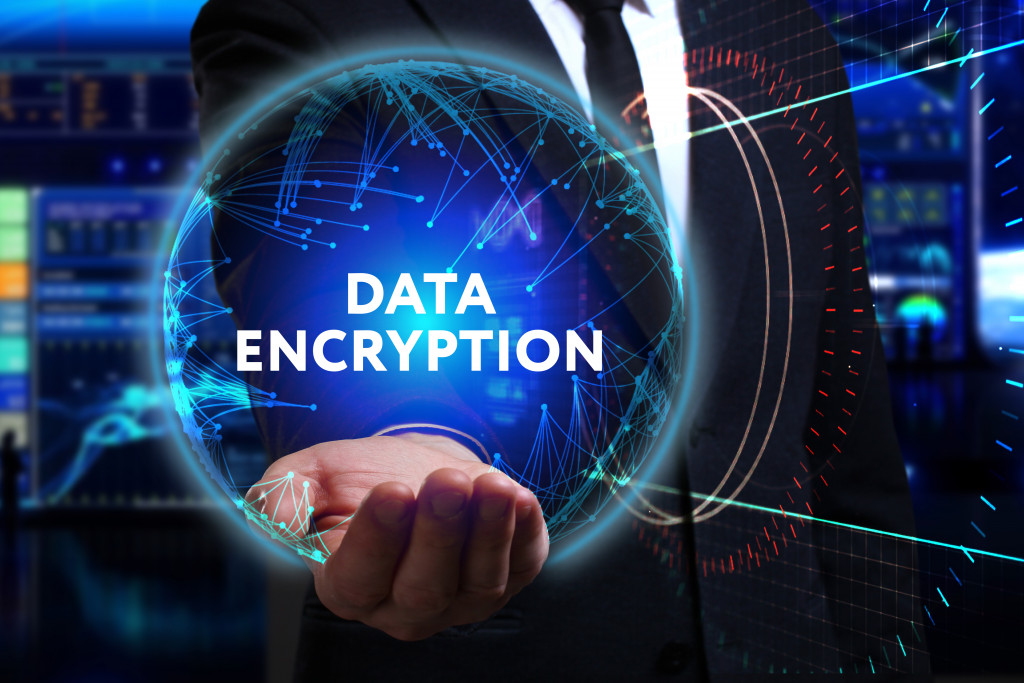• Implement access controls such as smart locks, alarms, and CCTV cameras to restrict physical access to your home office.
• Secure network infrastructure should include encryption protocols, antivirus software, and a robust firewall.
• Data backup systems should be used to store data securely and restore it quickly in case of a cyber-attack.
• Educate family members or other household members on the importance of online security.
• Always lock your home office when it is not in use, and restrict access to authorized individuals only.
As businesses are increasingly relying on remote work, employees’ personal offices at home have become an integral part of the corporate infrastructure. Despite the convenience, there are security risks associated with working from home that need to be addressed. Here are some guidelines for setting up an effective security system to ensure your home office remains secure and all confidential information is safe.
Implement Access Controls
The first step to securing your home office is to implement access controls. This means having a system in place that ensures only authorized individuals can access certain systems or information. Your access control system should include the following:
Smart Locks
Invest in the best affordable smart locks to restrict physical access to your home office or any confidential information stored within. You can also add an additional layer of security with a biometric or card reader system.
Alarms
Install an alarm system with motion detectors and sensors to detect any unauthorized movement in the home office. Make sure these alarms are connected to a central monitoring station that will alert you if anything suspicious is detected.
CCTV Cameras
Install CCTV cameras in and around your office to monitor the area for any suspicious activity. These cameras should capture clear images that can be used to identify anyone trying to access confidential information or other sensitive data.

Secure Network Infrastructure
To protect your home office from cyber-attacks, ensure a secure network infrastructure is in place. This will prevent malicious actors from gaining unauthorized access to your systems or data. Secure network infrastructure should include the following:
Encryption Protocols
Ensure all data sent and received is encrypted with security protocols such as Advanced Encryption Standard (AES) or Transport Layer Security (TLS). This will help protect the confidentiality of your data, even if someone does gain access to it. If you can, also use two-factor authentication for added protection.
Antivirus Software
Antivirus software will help protect against malicious programs such as viruses and malware, which could potentially compromise confidential data stored on your computer systems. They will also help detect and remove any bad software that may have found its way onto your network. If possible, opt for a comprehensive security suite that can also provide protection against other cyber threats.
Robust Firewall
A robust firewall will protect your network from potential intrusions and malicious attacks. For example, if you use an internet-connected home office, ensure your firewall is up-to-date and configured correctly to provide the most effective protection. In some cases, a virtual private network (VPN) can also be used to add an extra layer of security.
Data Backup System
Make sure all your data is regularly backed up and stored securely in a separate location that is not connected to the internet. An up-to-date backup will help protect you against accidental or malicious data loss. It can also be used to restore data quickly in the event of a cyber-attack.

Educate Household Members on Security Practices
You must educate your family members or anyone else living with you about the importance of online security. Ensure they understand not to share confidential information, such as passwords, and why it is important to keep their computers and devices secure.
For instance, ensure they are not downloading any pirated software, as these can easily be infected with malware. Additionally, make sure they use secure passwords and change them regularly.
Finally, ensure that your home office is always locked when it’s not in use. This will help prevent any unauthorized access to the systems or confidential data stored within the room. If possible, you should also restrict access to the office to only those individuals who you have authorized.
Having a secure home office requires dedication and vigilance on behalf of everyone involved in order for it to remain safe from malicious threats and attacks. By following these guidelines, you can ensure your business’s data remains secure no matter where your employees choose to work—in or out of the physical office building. With proper access controls in place and antivirus software installed and updated regularly, you can rest assured knowing that your company’s confidential information will stay protected in a safe and secure environment, no matter where it’s accessed from.

